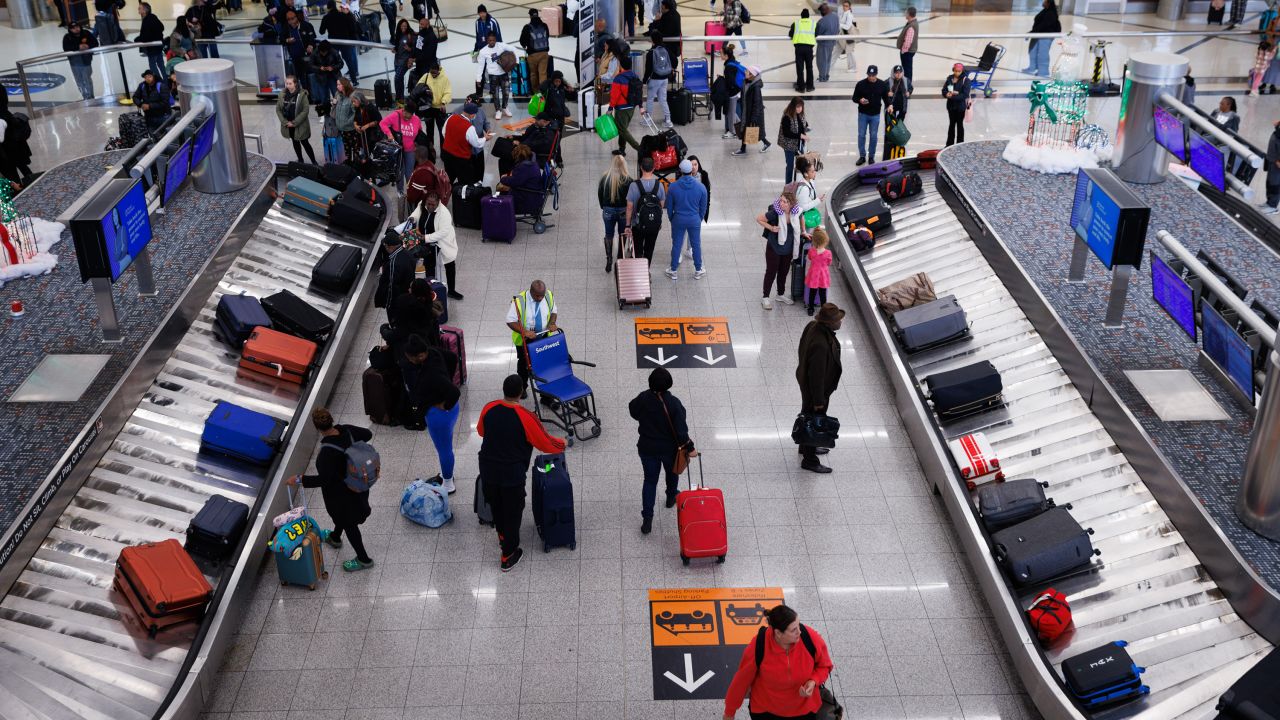“Junk Fees”: Biden declares war on excessive fines banks charge for overdrafts

The Consumer Financial Protection Bureau (CFPB) and the White House proposed new rules this Wednesday to end exorbitant overdraft fees charged by the largest financial institutions in the United States.
If approved, the new rules would close an old loophole that exempted overdraft coverage services from compliance with provisions of the Truth in Lending Act and other financial protection laws, and would establish limits on fees or penalties charged by banks, Delivering billions of dollars in savings to low-income Americans.
War on overdraft fees
The proposal constitutes the latest effort by President Joe Biden’s administration to combat the collection of so-called ‘junk fees,’ which it calls an unnecessary burden on American consumers, especially those living paycheck to paycheck.
“For too long some banks have charged exorbitant overdraft fees, sometimes $30 or more, that often hit the most vulnerable Americans while the banks maximize their profits,” President Joe Biden said in a statement. said in a statement. “Banks call it service, I call it exploitation.”
According to the CFPB, for decades, the largest financial institutions have covered overdrafts on accounts that did not have sufficient funds in exchange for fees or penalties, a highly profitable operation that has earned the big banks billions of dollars in annual revenue.
Under the proposed rules, banks could continue to cover such overdrafts but comply with current credit laws, including disclosing the applicable interest rate, or alternatively, they could charge a fee of between $3 and $14 to cover their costs. . They calculate to justify it with cost data.
” Today we’re proposing rules to close a longstanding loophole that allowed many big banks to turn overdrafts into junk fee-collection machines.” says CFPB Director Rohit Chopra.
The proposed rule would apply to insured financial institutions with more than $10 billion in assets, covering approximately 175 of the nation’s largest depository institutions. These institutions typically charge $35 to cover overdrafts, although most consumer debit card overdrafts are less than $26 and are refunded within three days.
According to CFPB statistics, approximately 23 million households in the United States pay overdraft fees or penalties each year, sometimes more than one. The agency estimates that the new rule could save consumers $3.5 billion or more in the hands of families who currently pay them.
According to research conducted by Bankrate last August, the average overdraft fee was $26.61, although some banks charge up to $39. The bureau’s research also shows that overdraft fees hit the poorest and households of color the hardest, with those who overdraw several times a year.
Biden has made eliminating “junk fees” one of the cornerstones of his administration’s economic agenda ahead of the 2024 election. Overdraft fees have been at the center of that campaign, and last year the White House ordered government regulators to do everything in their power. To further limit this practice.
Banks are ready to fight the proposed regulation
“We urge the CFBP not to proceed with this rule until it has assessed its economic impact on community banks and credit unions, which it is obligated to do,” the American Bankers Association and other advocacy groups wrote. lobby Banking in a joint statement.
He lobby The bank is trying to be as vocal as possible in opposition to this government initiative in preparation for an almost certain legal challenge to any rule implemented by the CFPB. Any legal battle has a good chance of ending up in the Supreme Court.
However, bowing to popular and political pressure, Most major banks have added safeguards to customers’ accounts so they can bring their balances back into positive territory before incurring penalties.. Bank of America, once considered the biggest abuser of overdraft fees by industry critics, cut its fees from $35 to $10 two years ago and says overdraft fees make up less than 10% of its revenue.
Big banks have also cut back on charging non-sufficient funds fees, which occur when a bank charges a customer a fee for not having the funds to cover the charge, but also declines the transaction.
“The office has done its job well,” said Carter Dougherty, a spokesman for the group Americans for Financial Reform. “Some banks have completely gotten rid of overdrafts and the world continues to spin on its axis. “Bankers who can’t run their business without relying on junk fees should do something else.”
With information from the Associated Press.
Forgot to pay your credit card on time? The proposal seeks to prevent you from being overcharged for delays


:quality(85)/cloudfront-us-east-1.images.arcpublishing.com/infobae/DQV6W5UPWZFGXFHE45QJJEPKHI.jpg)


